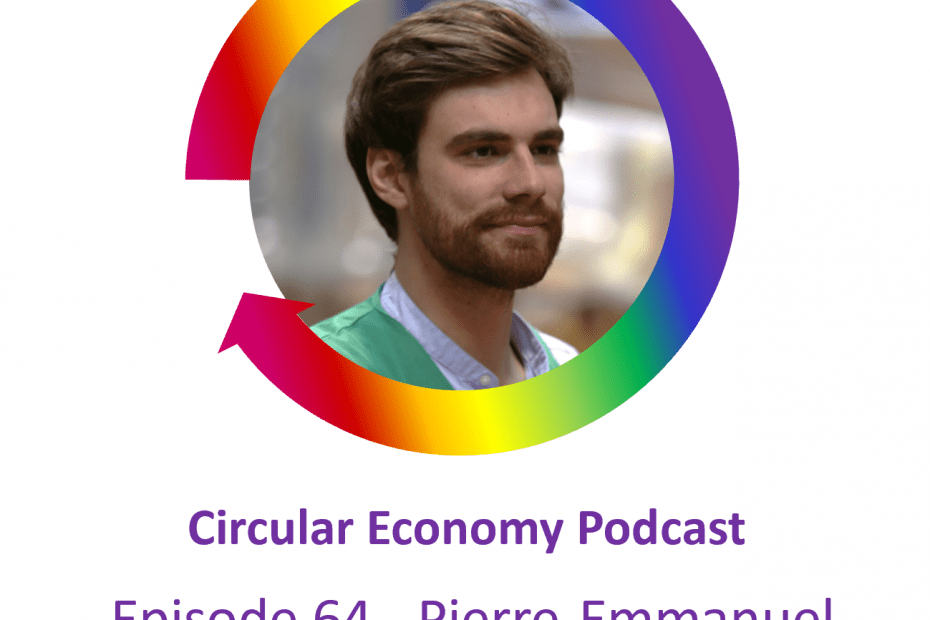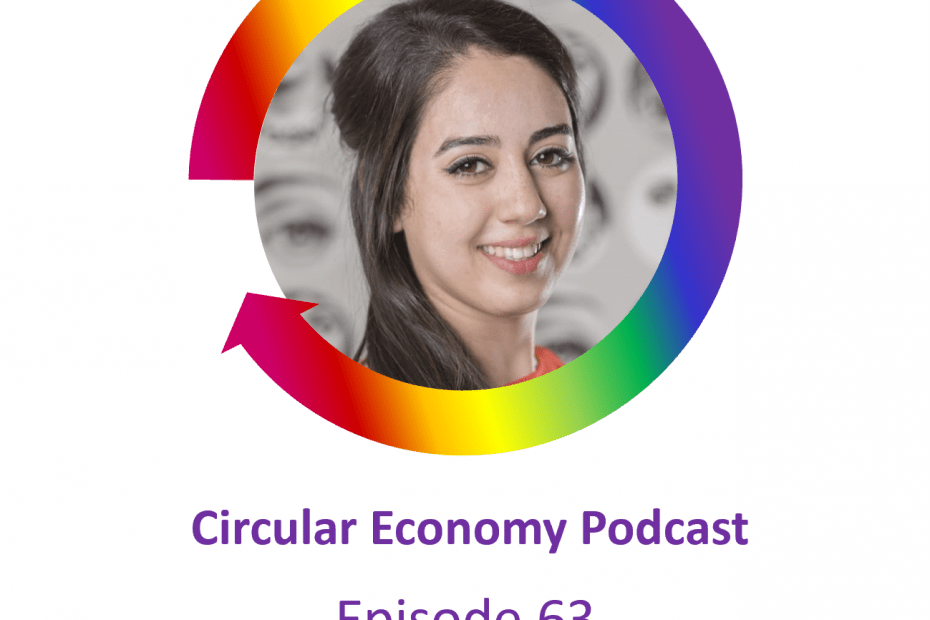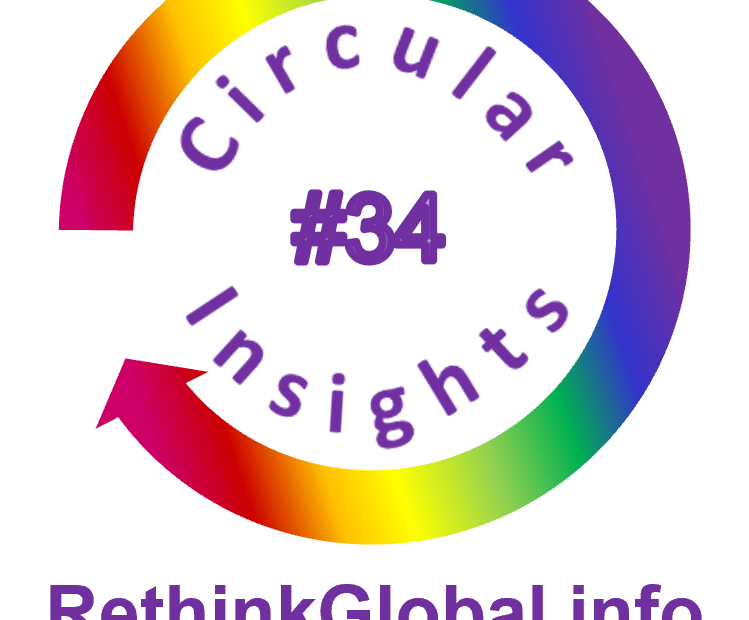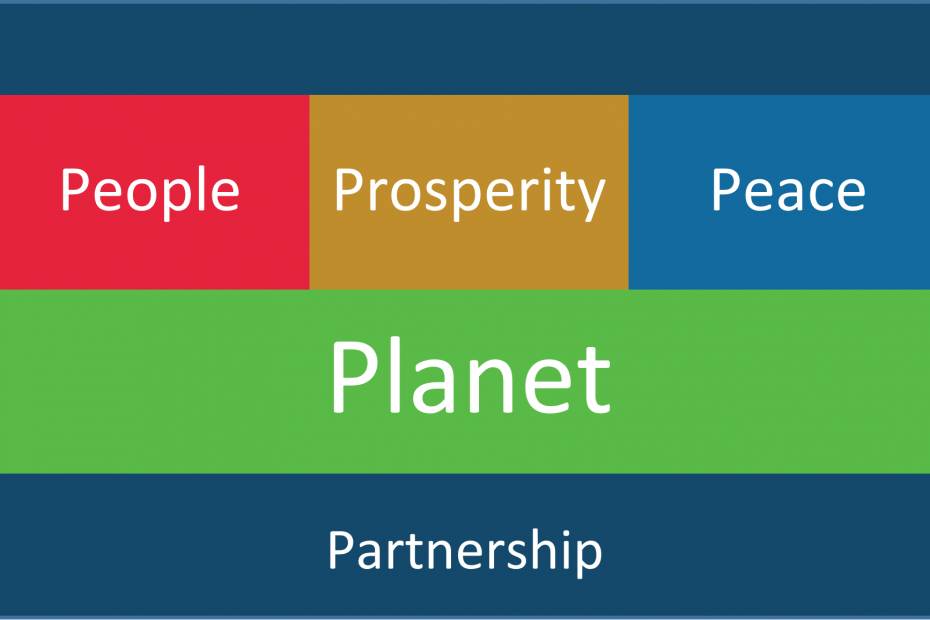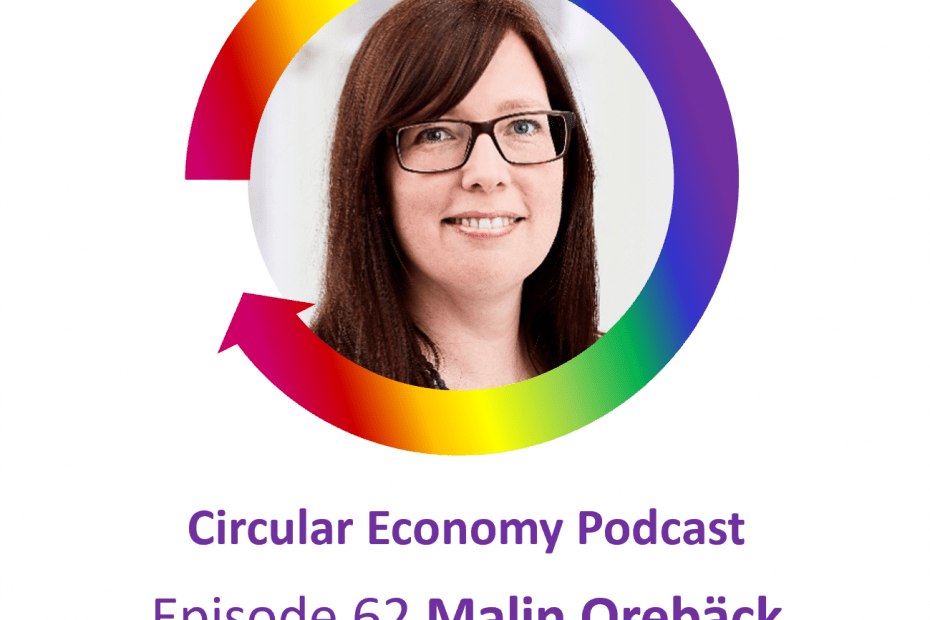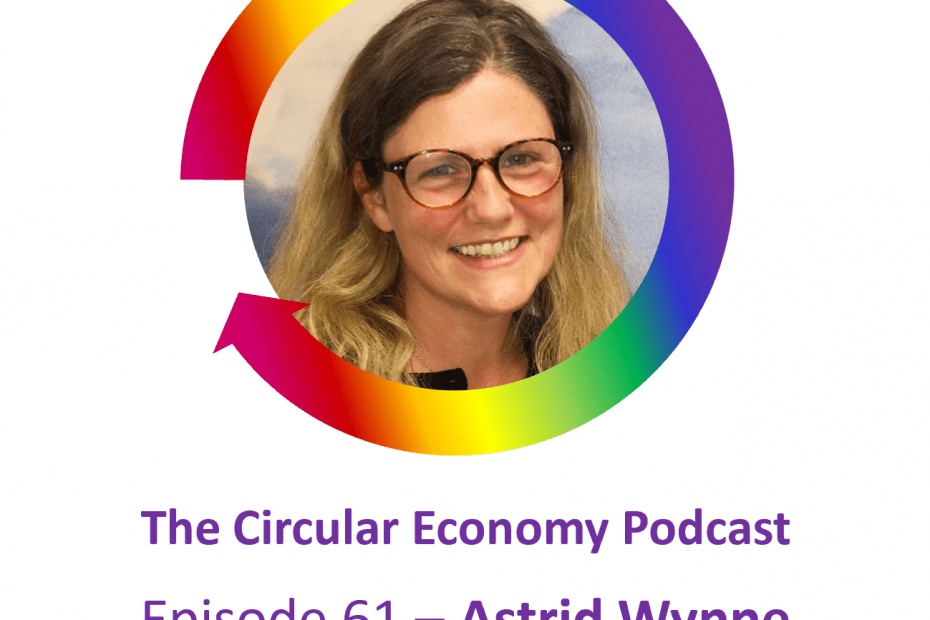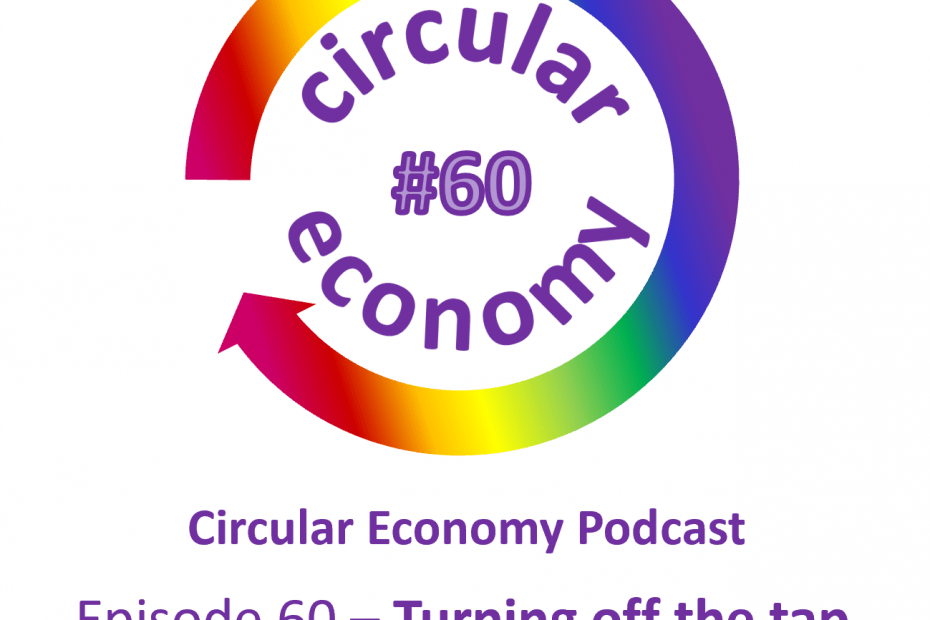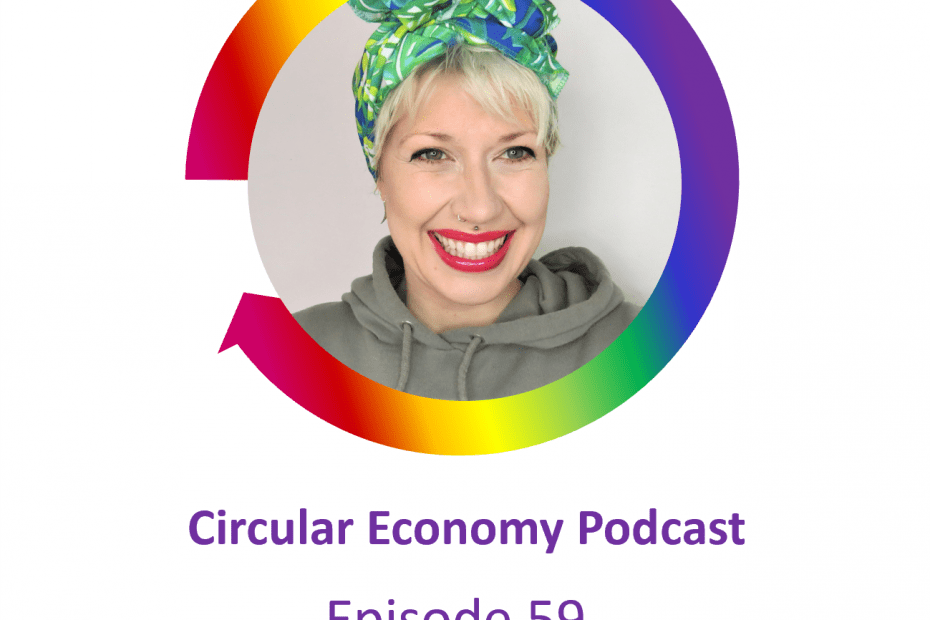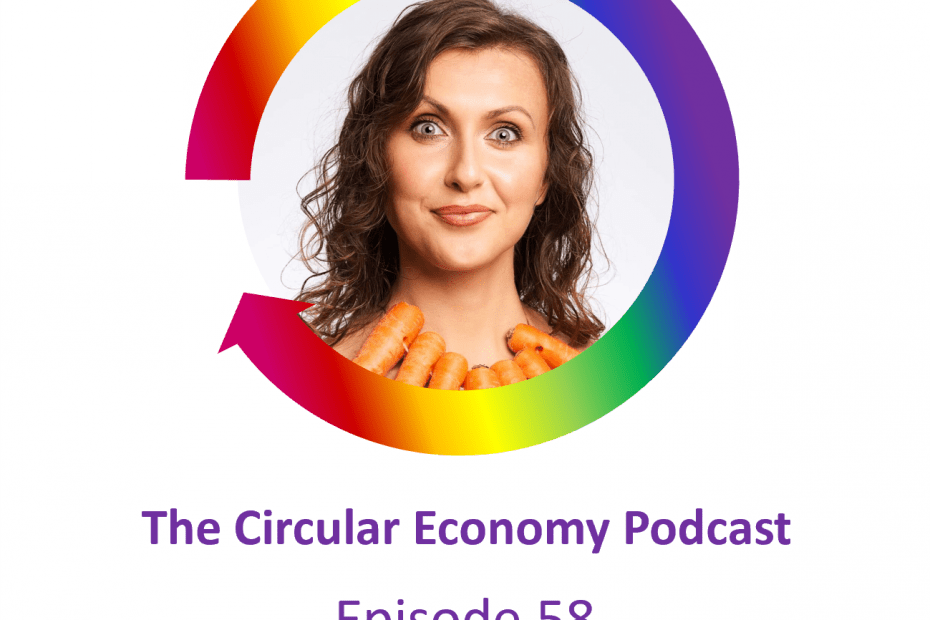Every 10th episode, Catherine Weetman looks back at recent conversations and round up some of the insights we’ve heard:
The theme for this episode is turning off the tap. What do I mean by that? One of my favourite metaphors for the linear economy – our system of taking materials, making stuff, using it and then throwing it away. We’re pushing lots of resources in at one end of the pipe – but it gushes out at the end, and there are leaks all the way along the pipe with pollution going into the atmosphere, air, water and soil.
And all of that, of course, is undermining our ability to thrive on this planet.
So what can we do? We’ve got to radically rethink business as usual, to turn off that flow of resources and waste. We need to be regenerative instead of destructive and wasteful.
We need a different approach, so we have products with a life of their own, not just serving a single user. We need objects designed for reuse and resale once someone no longer needs them, or objects available in multi user systems with customers sharing or renting when needed.
In this episode, we unpack this to understand how it works, and why it helps to separate the benefits of products and services from their cost to the global commons.

